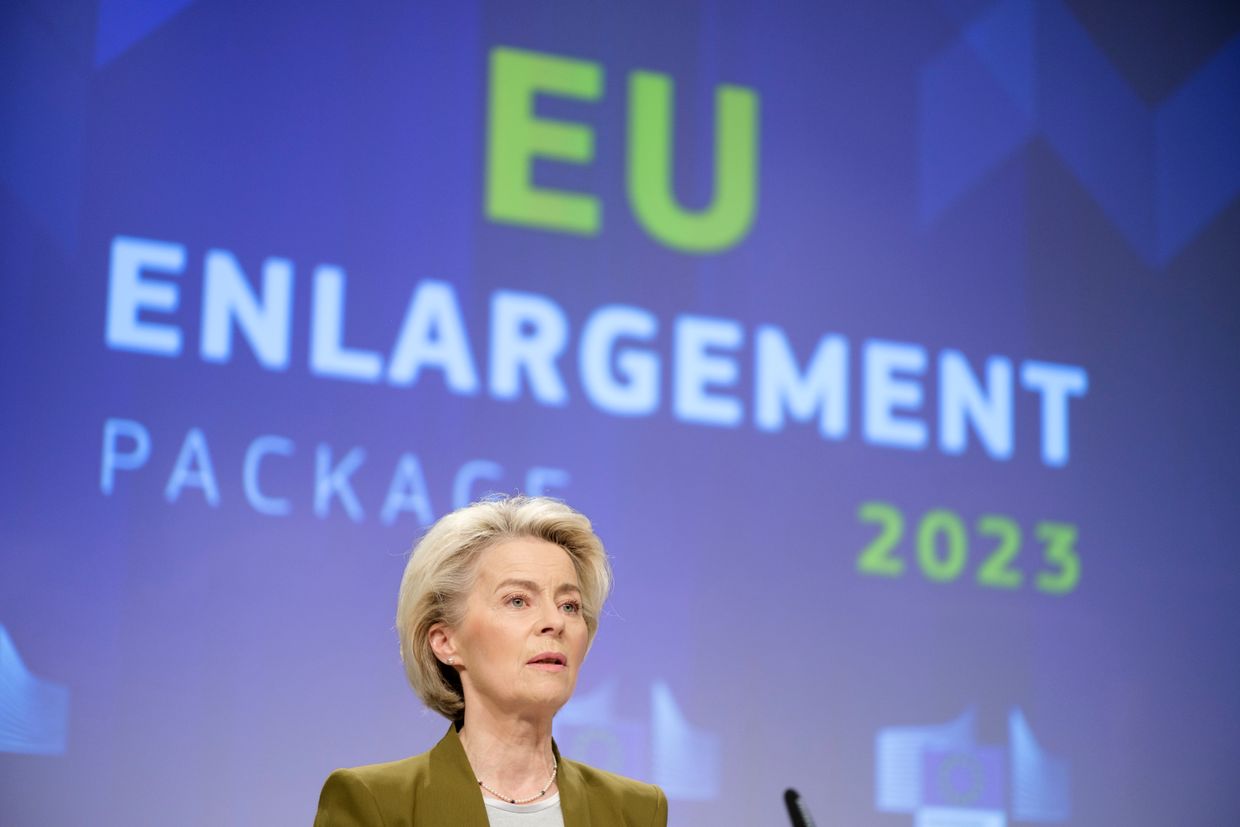Parliament approves additional amendments to law on national minorities

Ukraine's parliament adopted an updated draft law on national minorities to implement the latest recommendations by the Council of Europe, lawmakers reported on Dec. 8.
This is the second time Ukraine has moved to change the law on national minorities, which is one of the European Union's requirements for Ukraine's accession.
The draft law was supported by 317 lawmakers, nobody voted against it. To become law, the bill must be signed by President Volodymyr Zelensky.
"While following the recommendations of the Venice Commission, we protected society from a potential decline in the role of the Ukrainian language in education, media, book publishing, and threats of Russification of the country," said MP Iryna Herashchenko, a co-author of the bill.
The bill allows the use of EU languages and languages of national minorities in political advertising, private schools, and universities, student groups consisting of national minorities, and the media, according to Herashchenko.
"At the same time, advertising must be duplicated in Ukrainian, and the study of Ukrainian as a state language will be mandatory in all educational institutions, although education can be conducted in EU languages," she said on Telegram.
This does not apply to the language of an aggressor country, specifically the Russian language. Minority languages primarily refers to Romanian and Hungarian, spoken in some communities in western Ukraine.
Hungary has repeatedly accused Kyiv of oppressing the rights of Hungarian minorities living in Ukraine, calling Kyiv's language policies discriminatory and even threatening to block Ukraine's EU aspirations over the issue.
In response to Hungary's criticism of a language law that required at least 70% of education above fifth grade to be conducted in Ukrainian, Kyiv argued that it does not intend to crack down on its minorities, only to ensure that every Ukrainian citizen has sufficient knowledge of Ukraine's official language.
Since the start of Russia's full-scale invasion of Ukraine, Hungary has repeatedly obstructed EU funds for Kyiv while opposing sanctions against Russia. Orban, who maintains close ties with the Kremlin, has refused to provide military aid to Ukraine and claimed that Kyiv's counteroffensive was destined to fail.
The original law on national minorities, adopted in December 2022, set the definition for ethnic minorities in Ukraine, established their rights and obligations, and provided for the creation of advisory bodies with representatives of minorities.
The Venice Commission, the Council of Europe's advisory body that assists Ukraine with implementing steps needed for EU integration, welcomed the law but recommended further changes to fully comply with international standards.
The Ukrainian parliament adopted the changes, and Zelensky signed the updated law on Nov. 3.
In a historic decision, the European Commission recommended formal talks on Ukraine's EU membership on Nov. 8 but requested that Ukraine still make more progress in some reforms, including protecting ethnic minorities.














